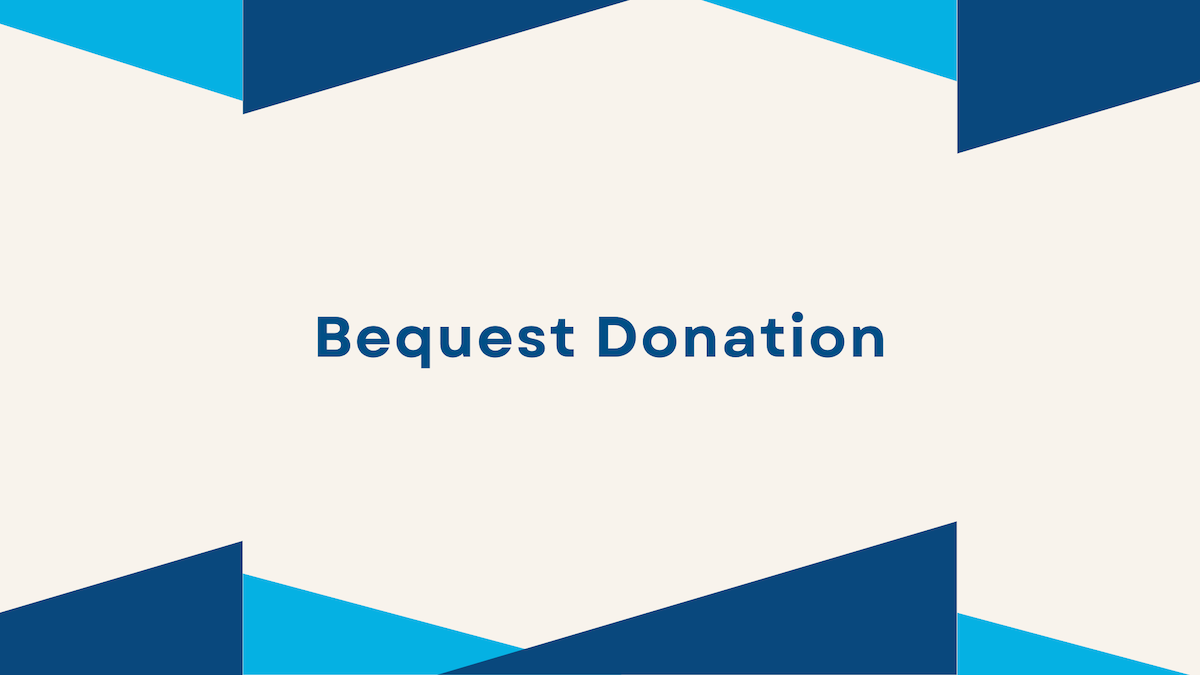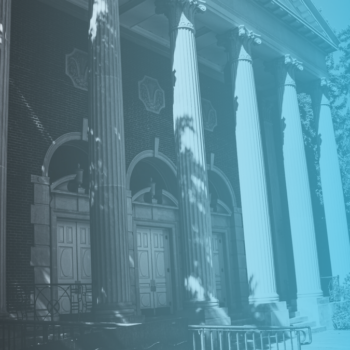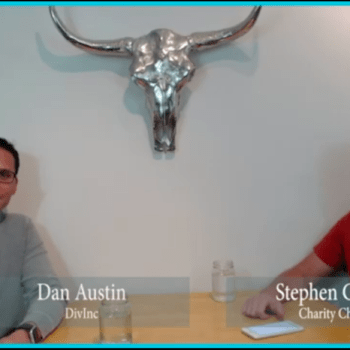A bequest donation is a planned gift made through a donor’s will or estate plan, ensuring that their legacy supports a charitable cause even after their passing. It is one of the most effective ways for individuals to make a lasting impact while benefiting their loved ones and favorite nonprofits.
In this article, we’ll explore what a bequest is, the different types of bequests, their benefits, and how individuals can structure their estate plans to include charitable giving.
Nonprofit Resources
The Charity Charge resource hub is dedicated to providing tips, tools, and information to help your nonprofit create and grow a modern organization. Learn more
What Is a Bequest?
A bequest donation is specified in a will or estate plan that directs assets—such as money, property, or other valuables—to a nonprofit organization, foundation, or cause. This type of giving allows donors to continue supporting their favorite charities beyond their lifetime, providing nonprofits with essential funding for long-term sustainability.
Bequests can be specific, residual, contingent, or percentage-based, depending on the donor’s wishes and financial situation.
Types of Bequests
Bequests come in various forms, allowing donors to tailor their gifts based on their estate planning goals. Below are the most common types of bequests:
1. Specific Bequest
A donor designates a particular asset or a fixed amount of money to a nonprofit.
Example:
“I leave $50,000 to the American Red Cross.”
2. Residual Bequest
A nonprofit receives the remainder of the estate after all debts, expenses, and other specific gifts have been distributed.
Example:
“After all other distributions are made, I leave the remainder of my estate to the World Wildlife Fund.”
3. Percentage Bequest
A donor allocates a percentage of their estate rather than a fixed amount.
Example:
“I leave 10% of my estate to Doctors Without Borders.”
4. Contingent Bequest
A gift is made only if a certain condition is met, such as if a primary beneficiary is no longer living.
Example:
“If my spouse does not survive me, I leave my estate to Habitat for Humanity.”
Benefits of Making a Bequest
✅ Leaves a Lasting Legacy – A bequest ensures that a donor’s values and passions continue to make an impact.
✅ Flexible and Revocable – Donors can change or update their bequests at any time.
✅ Potential Tax Benefits – Bequests may reduce estate taxes, providing financial advantages for heirs.
✅ No Immediate Financial Burden – Unlike direct donations, bequests do not affect a donor’s current financial situation.
✅ Helps Nonprofits Plan for the Future – Charitable bequests provide long-term financial support for organizations.
How to Include a Bequest in an Estate Plan
1. Consult an Estate Planning Attorney
An experienced attorney can help structure a will or trust to include a charitable bequest properly.
2. Choose the Right Type of Bequest
Decide whether to leave a specific dollar amount, percentage, or remainder of the estate.
3. Select the Beneficiary
Identify the nonprofit(s) that will receive the donation and ensure they are eligible to accept planned gifts.
4. Use Proper Legal Wording
Clearly state the intent of the bequest in legal terms to avoid confusion. A sample clause might look like this:
“I give, devise, and bequeath [$ amount / % of estate] to [Nonprofit Name], a nonprofit organization located at [Address], for its general use and purposes.”
5. Inform the Chosen Organization
Notifying the nonprofit ensures they are aware of the future gift and can express their appreciation.
Examples of Notable Bequests
Many individuals have left significant charitable bequests, creating a lasting impact. Some examples include:
- Warren Buffett’s Pledge – Although not a traditional bequest, Buffett has committed to donating nearly all his wealth to charity through his estate.
- Henry Ford’s Bequest to the Ford Foundation – The Ford Foundation was largely funded by the estate of Henry Ford and continues to support global initiatives.
- Joan Kroc’s Bequest to the Salvation Army – McDonald’s heiress Joan Kroc left over $1.5 billion to the Salvation Army, transforming their services nationwide.
Conclusion
A bequest is a powerful way to support charitable causes while ensuring financial security for loved ones. It allows individuals to create a lasting legacy with flexibility, tax benefits, and minimal immediate financial impact.
If you’re considering including a charitable bequest in your estate plan, consult a financial or legal expert to structure it effectively. By planning today, you can ensure that your generosity continues for generations to come.





